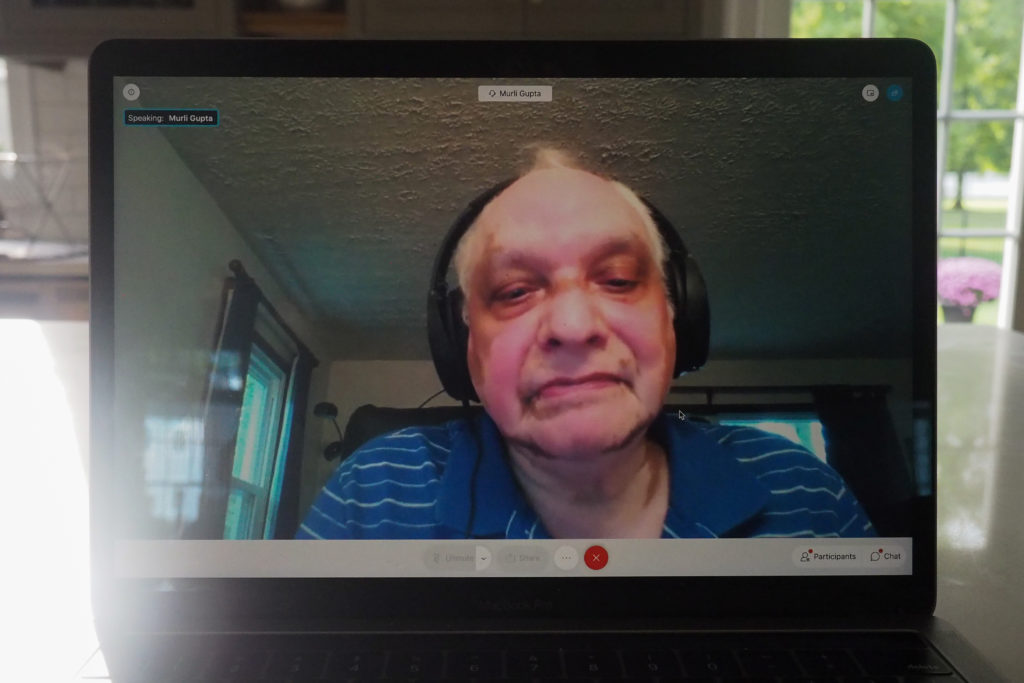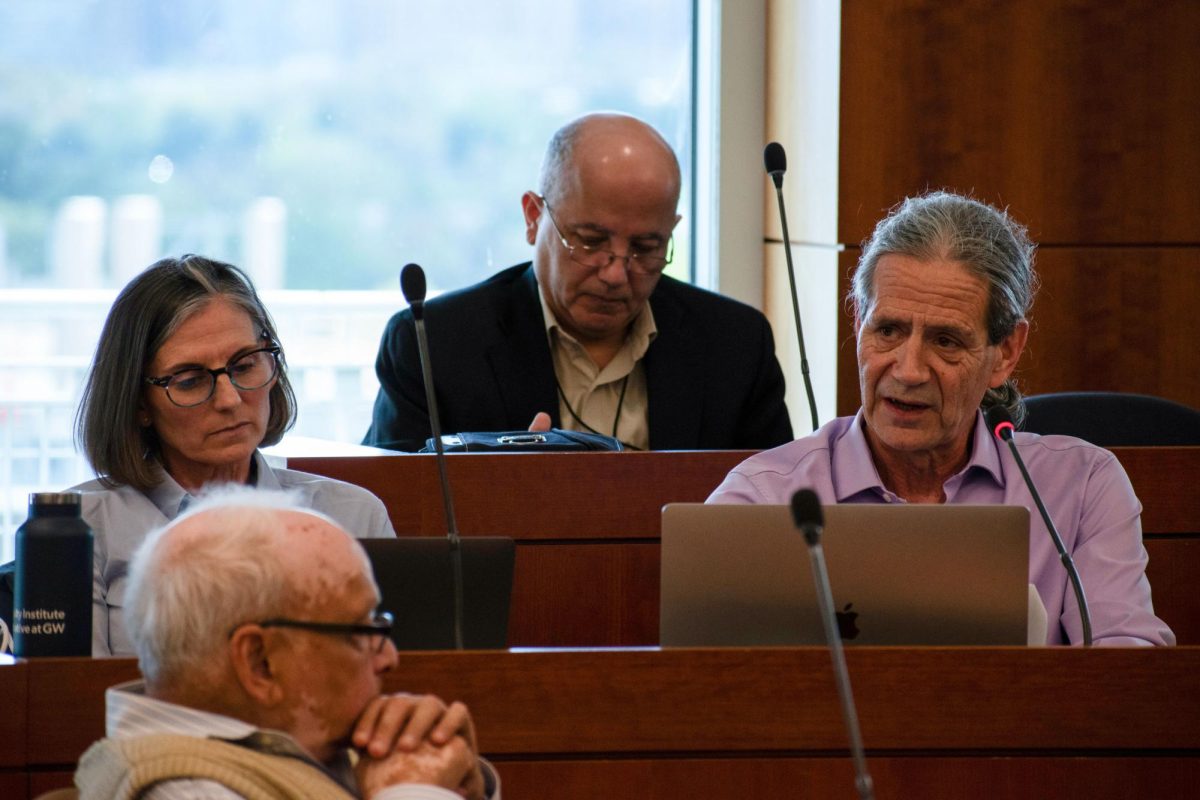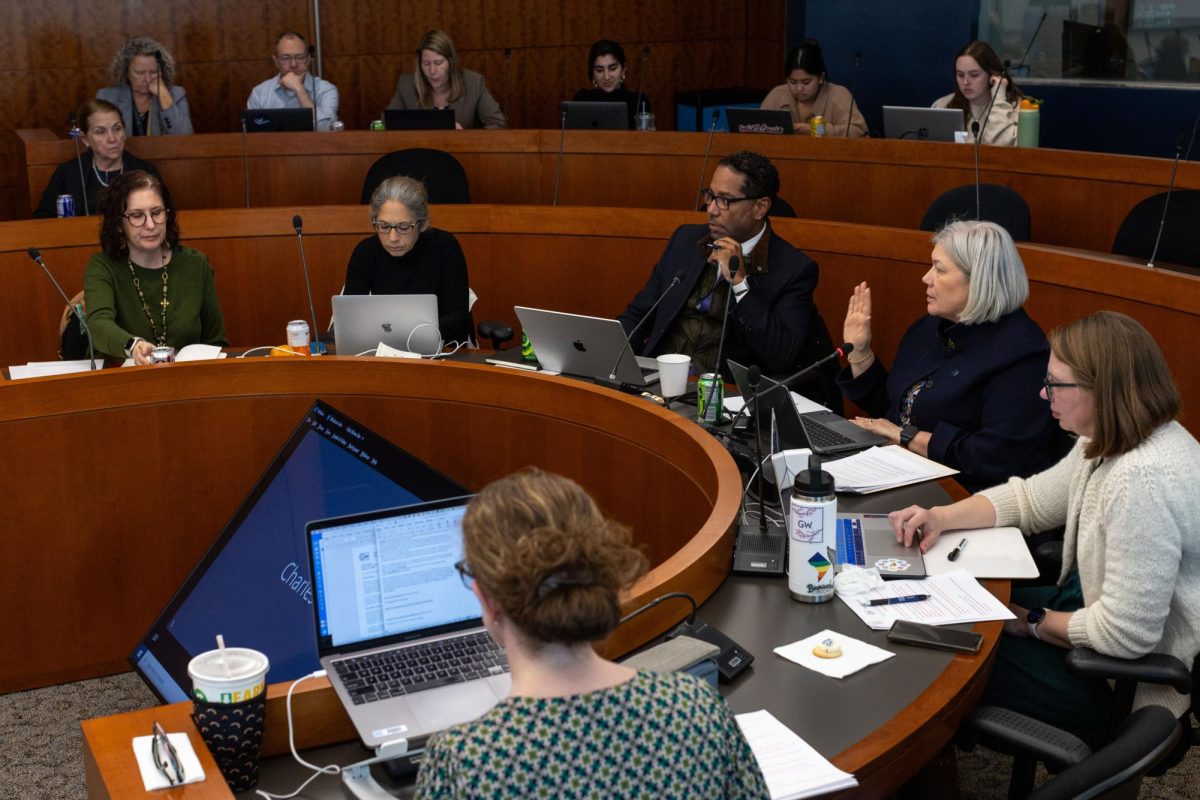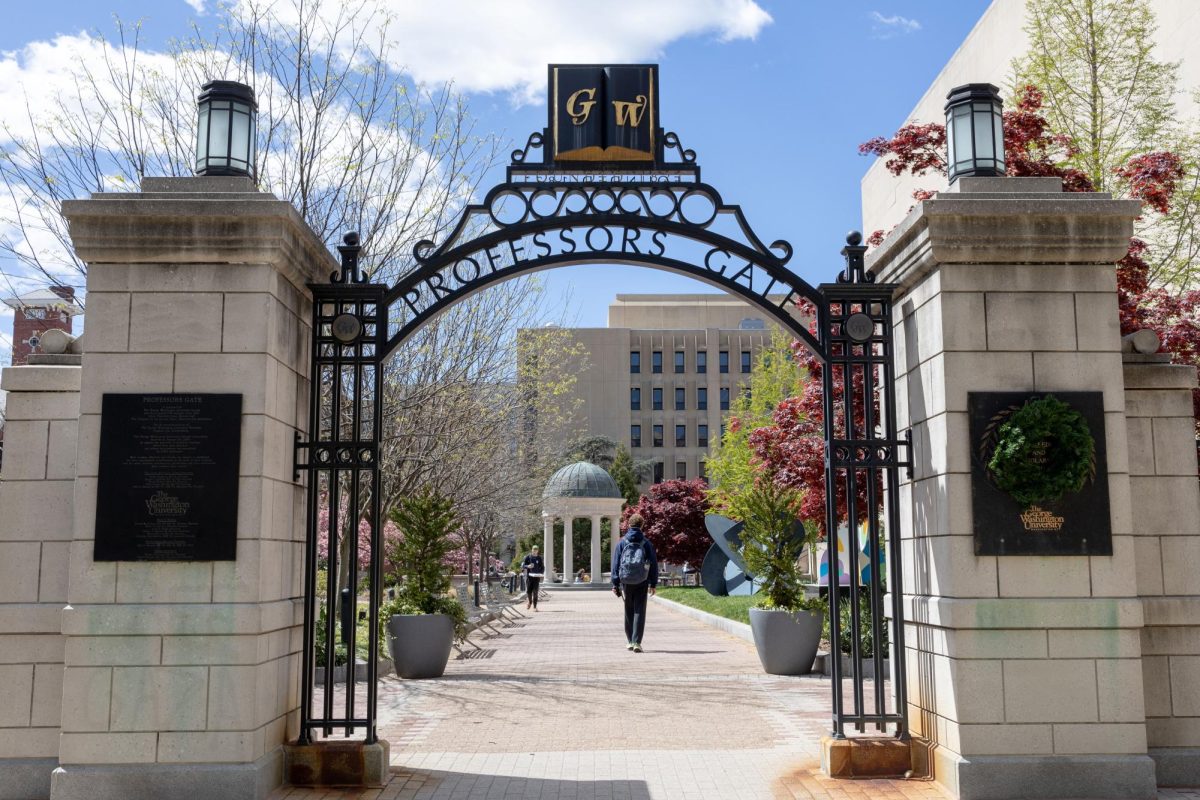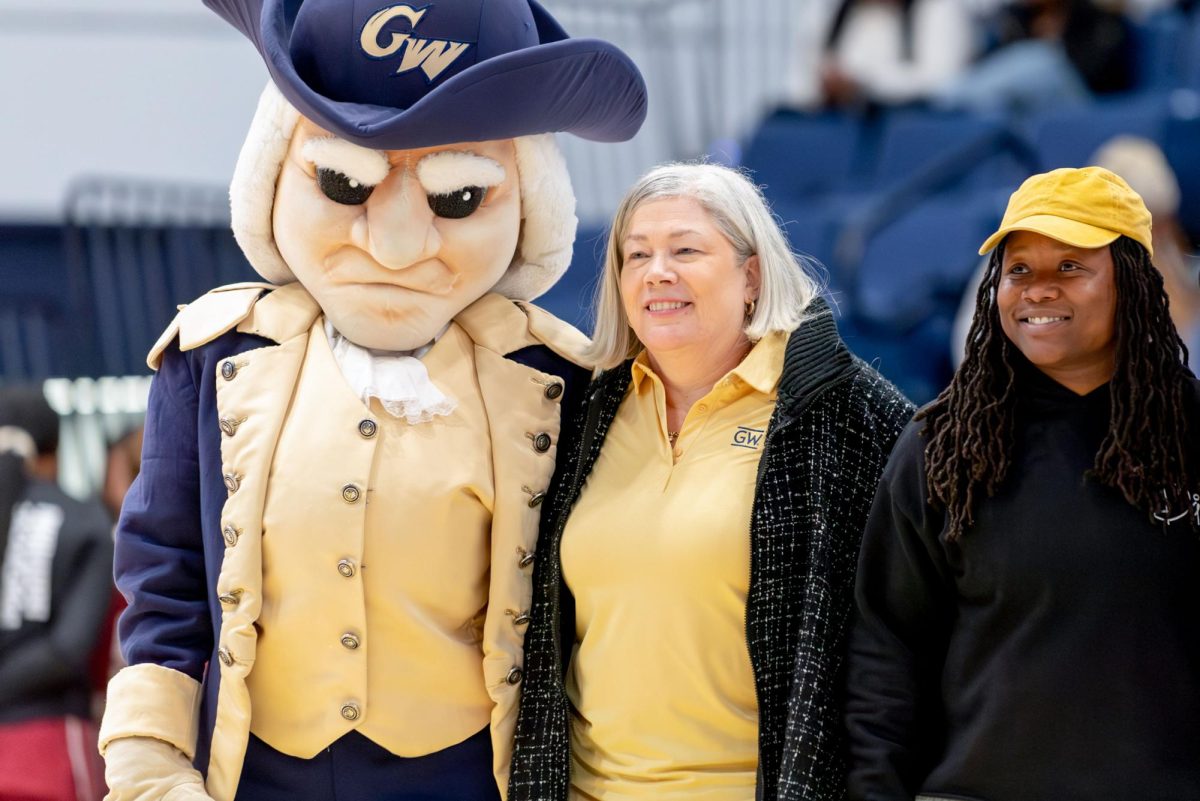The Faculty Senate passed a resolution Friday calling on officials to maintain salary increases for promoted faculty members.
Officials chose not to raise salaries for promoted faculty members as part of efforts to relieve the financial impact of the COVID-19 pandemic, but the resolution states that officials have only saved $500,000 from denying these increases. The senate also voted to task a committee with vetting University President Thomas LeBlanc for hiring an administrator with ties to the Larry Nassar sexual abuse scandal last month.
The resolution on faculty salaries states that if officials aren’t able to provide pay increases when a professor is promoted in light of the ongoing financial crisis, it must be provided “retroactively to that date as early as possible.” The resolution also states that if salary increases must be delayed, they should still be awarded before increasing compensation for any non-promoted faculty member and should be a “competitive” increase compared to GW’s market basket schools.
“This year, for the first time in anyone’s memory, the letters of promotion have not included any rise in salaries,” the resolution states. “The faculty believe that they have a code-prescribed right to appropriate increases.”
Senators also chose to refer a resolution censuring LeBlanc for the hiring of Heather Swain back to a separate committee. The motion directs the committee to meet with LeBlanc in a closed meeting to discuss the details of the hiring.
Faculty, staff and students have criticized officials for hiring Swain as the vice president of communications and marketing due to her involvement in the Nassar case as an administrator at Michigan State University.
LeBlanc was not present at the meeting during the vote. He said earlier in the meeting that he has been having “a discussion” with Arthur Wilson, the chair of the executive committee, about the hire, but at this point it is not a discussion that he wants to have “in a public meeting.”
“I understand the desire for an open dialogue with the full senate,” LeBlanc said. “There’s a limit to my ability to do that.”
Senators also nominated Sarah Wagner, a faculty senator and an associate professor of anthropology, and Elisabeth Anker, an associate professor of American studies and political science, to the appointment, salary and promotion policies committee, the group that will meet with LeBlanc privately to discuss Swain’s hiring.
The senate also nominated Majeda El-Banna, the chair of the community of acute and chronic care department in the School of Nursing, to the fiscal planning and budgeting committee.
Senators also passed a resolution of appreciation of the former chair of the senate’s executive committee, Sylvia Marotta-Walters. The resolution cites her “remarkable record of major accomplishments” in her 13 years serving in the senate and her three years as chair of the executive committee.
“The Faculty Senate of the George Washington University hereby expresses its deepest admiration, appreciation and gratitude to Professor Sylvia Marotta-Walters for her distinguished service,” the resolution states.
Provost Brian Blake also outlined his priorities for his time as provost that he said he usually puts forward on his 90th day in a new position. He said his priorities, which he derived from his participation in last year’s strategic planning effort, include “identifying diversity in our academic programs,” which he called his “top priority,” and addressing questions of “academic priorities” after the pandemic subsides.
He said he is still looking for feedback on these plans but has shared a draft of them with LeBlanc, the deans of the schools, the senate’s executive committee and his office’s staff.
Wilson said in his report that the executive committee is “considering” a faculty-led evaluation of LeBlanc’s performance this fall that would “complement” the Board of Trustees’ efforts to complete a similar evaluation later this academic year.
He also said a group of faculty senators recently met with the Board to argue for a “different approach” to officials’ efforts to mitigate the financial impact of the COVID-19 pandemic than furloughs and compensation reductions since enrollment data have begun to “look better than initially projected over the last several months.”
“A formal response has not yet been received from either the trustees or the administration, although Board meetings are scheduled for the next several weeks,” Wilson said. “Other approaches are also being explored by the senate budget committee.”
Officials said undergraduate enrollment fell nearly 25 percent this year based on preliminary estimates, requiring a “second phase” of budget cuts in the coming weeks.
LeBlanc said at the meeting about 9,100 undergraduate students are enrolled this fall, which fell short of officials’ target by roughly 1,000 students. The loss in tuition revenue from decreased enrollment is largely driving GW’s budget shortfall, which is now estimated to be $180 million on an annualized basis, he said.
LeBlanc said from Aug. 3 to Sept. 9, officials issued 5,637 COVID-19 tests that resulted in nine total positive cases, for a 0.02 percent positivity rate. He said officials are “hoping” to launch a dashboard as early as Monday with more details about GW’s COVID-19 statistics.
Blake also said about five administrators met earlier this month for one hour to begin conversations about how classes will be delivered next spring. Officials discussed options to gradually phase an in-person reopening, alternate when students attend in-person instruction or continue delivering classes solely online, he said.


